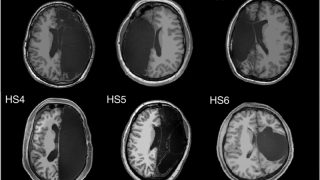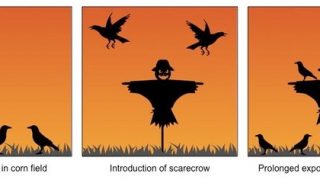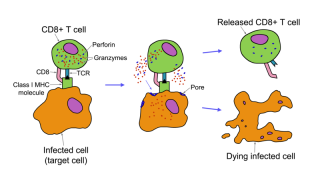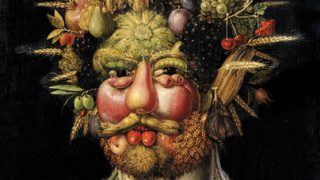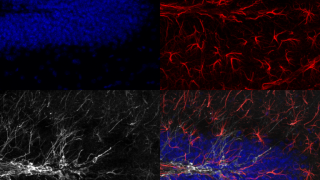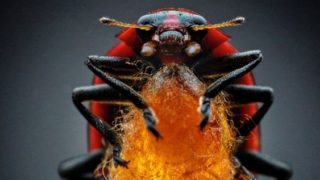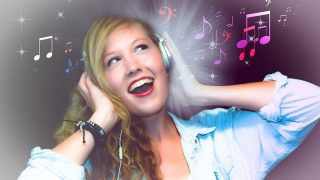
You are the success of this song
Why do some songs succeed and others fail? Some researchers believe that a key factor is their involvement with our personal universe: if they foster feelings of social connection, they get the approval of the public; if not, they are ignored and forgotten. If that were true, songs that fit that personal pattern should fall […]
